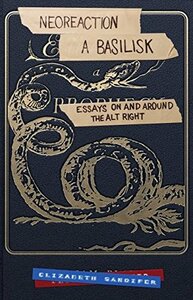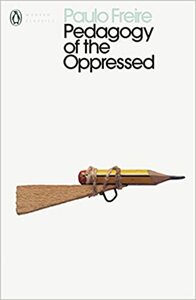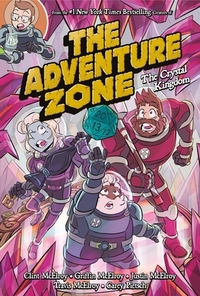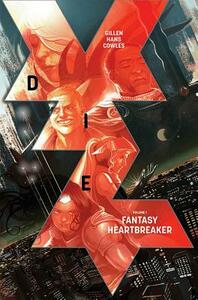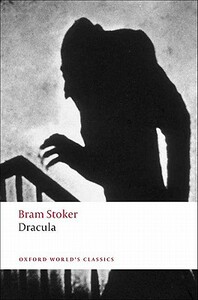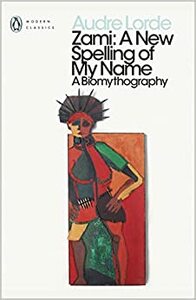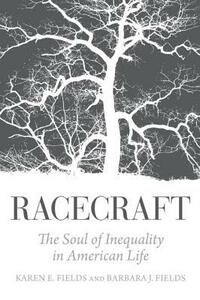Take a photo of a barcode or cover
mars2k's Reviews (234)
YouTube channel Innuendo Studios has an excellent series of videos ("The Alt-Right Playbook") on this topic which I would highly recommend if you're interested. I can't say I recommend Neoreaction a Basilisk, unfortunately.
Graphic: Ableism, Bullying, Cursing, Death, Homophobia, Misogyny, Racism, Sexism, Sexual content, Transphobia, Violence, Antisemitism
Moderate: Addiction, Drug use, Fatphobia, Gun violence, Infidelity, Rape, Sexual assault, Slavery, Suicidal thoughts, Suicide, Torture, Blood, Police brutality, Murder
Minor: Biphobia, Body horror, Cancer, Child abuse, Child death, Genocide, Hate crime, Incest, Pedophilia, Racial slurs, Terminal illness, Islamophobia, Mass/school shootings, Cannibalism, Abortion, Outing, Cultural appropriation, Alcohol
The collection ends with an essay (also by Mary Butts) called “Ghosties and Ghoulies: Uses of the Supernatural in English Fiction.” It wasn’t great. I won’t give it a rating, though, because I read this book for the short stories, not this essay.
Graphic: Confinement, Death, Kidnapping, Schizophrenia/Psychosis
Moderate: Animal death, Gun violence, Racial slurs, Racism, Torture, Blood, Murder
Minor: Ableism, Body horror, Cancer, Gore, Homophobia, Misogyny, Rape, Suicide, Terminal illness, Xenophobia, Vomit, Suicide attempt, Death of parent, Fire/Fire injury, Alcohol
Moderate: Alcoholism, Racial slurs, Racism, Violence
Minor: Child abuse, Death, Rape, Slavery, Kidnapping, Murder, Pregnancy
The Adventure Zone: The Crystal Kingdom
Griffin McElroy, Clint McElroy, Justin McElroy, Travis McElroy, Carey Pietsch
As I said at the top of this review, I think The Crystal Kingdom is probably my favourite TAZ graphic novel so far. I’m looking forward to The Eleventh Hour (my favourite Balance arc)
Moderate: Cursing, Death, Violence, Death of parent
Minor: Blood, Medical content, Grief, Medical trauma, Murder, Fire/Fire injury
But still, the things I like greatly outweigh any criticisms I may have. I will definitely be checking out the rest of the Die series.
Graphic: Death, War
Moderate: Body horror, Cursing, Gore, Homophobia, Violence, Blood, Murder, Fire/Fire injury, Alcohol
Minor: Addiction, Animal death, Child death, Drug use, Genocide, Gun violence, Medical content, Death of parent
Graphic: Death
Moderate: Ableism, Body horror, Gore, Mental illness, Blood, Schizophrenia/Psychosis
Minor: Child abuse, Child death, Drug use, Suicide, Torture, Xenophobia, Cannibalism, Car accident, Death of parent, Murder
Overall I did enjoy Dracula and I’m glad I finally sat down and read it. It’s certainly not without its flaws but I think it’s worth reading if you haven’t already.
“The last I saw of Count Dracula was his kissing his hand to me, with a red light of triumph in his eyes, and with a smile that Judas in hell might be proud of.”
Graphic: Animal cruelty, Confinement, Death, Gore, Mental illness, Misogyny, Racism, Sexism, Violence, Forced institutionalization, Blood, Antisemitism, Medical content, Murder
Moderate: Ableism, Animal death, Child death, Drug use, Racial slurs, Suicidal thoughts, Xenophobia, Kidnapping, Grief, Stalking, Death of parent, Alcohol
Minor: Body horror, Self harm, Slavery, Suicide, Vomit
I felt the photos didn’t really add much.
Moderate: Child death, Death, Gun violence, Racism, Violence, Police brutality, Murder, Fire/Fire injury
Minor: Child abuse, Drug use, Sexual content, Suicide, Blood, Pregnancy, Alcohol
At times, the major themes of relationships, the self, and truth are explicitly highlighted, while at others they permeate the text almost – but not quite – unnoticed.
Graphic: Child abuse, Death, Racial slurs, Racism, Self harm, Sexual content, Violence, Blood, Grief, Abortion
Moderate: Ableism, Alcoholism, Animal death, Child death, Homophobia, Infidelity, Pedophilia, Rape, Sexual assault, Suicidal thoughts, Suicide, Suicide attempt, Death of parent, Lesbophobia, Alcohol
Minor: Cancer, Fatphobia, Genocide, Incest, Slavery, Terminal illness, Medical content, Trafficking, Medical trauma, Murder, Schizophrenia/Psychosis , Pregnancy
At one point I thought I’d give this book five stars, but I’ve since lowered that rating to four. Despite a very strong start, the book lost steam in the latter half. Overall Racecraft is good and worth reading, but the contradictions and overly academic writing made it a bit confusing at times.
Graphic: Gun violence, Racial slurs, Racism, Slavery, Violence, Xenophobia, Blood, Police brutality, Antisemitism, Murder
Moderate: Death, Medical content
Minor: Alcoholism, Cancer, Drug use, Genocide, Gore, Miscarriage, Pedophilia, Mass/school shootings, Pregnancy
